The Pillars of Brain Health
Studies have found our brain health directly depends on our overall health, daily habits, and genetics. This is why at the Brain Center we are guided by the 6 Pillars of Brain Health. We know when we invest in our brain health we are investing in our overall health.
Quality Fuel & Nutrition
The Brain (and body) works best when it is supported by high-quality food with the optimal amount of vitamins, minerals, and antioxidants. Research has also shown minimizing grains and gluten is better for our brains.
Optimal Carbohydrates
Colorful non-starchy vegetables (avocado, kale, broccoli, bell peppers, lettuce, spinach, green beans, tomatoes)
Colorful fruits (strawberries, raspberries, blueberries). Minimize dried fruits due to low water content
Optimal Proteins and Fats
Pasture-raised chickens, eggs, beef, pork
Nuts and seeds
Wild-caught cold-water salmon, herring, seafood/shellfish
Vegetable-derived oils (coconut, olive, avocado, and almond oils), butter
Physical Exercise
Directly stimulates the brain by regulating metabolism and reduces obesity. It increases energy and boosts motivation and boosts the immune system to help fight disease and illness.
Types of Physical Exercise:
Aerobic exercise (Cardiovascular exercise)
Strengthening Exercises
Stretching / Flexibility Exercises
Balance Training
Yoga / Tai Chi / Dance
Restorative Sleep
As we sleep our brains flush out toxins, memories we no longer need, and metabolic waste products. Adequate sleep keeps you healthy, mentally sharp, and able to deal with stress more effectively. And individuals who don’t get enough sleep tend to eat too much.
Sleep Facts:
Humankind is the only mammal that willingly delays sleep.
Sleep is foundational to health - as or possibly more important than a quality diet and exercise.
The body never adjusts to shift work!
Did you know seasonal affective disorder is believed to be influenced by the changing patterns of light and darkness that occur with the approach of winter?
Take away: Sleep is not an optional lifestyle luxury - sleep is a non-negotiable biological necessity
Cognitive Stimulation
Cognitive stimulation refers to the set of techniques, strategies, and materials to improve the performance and effectiveness of our brain’s capabilities and executive functions such as memory, attention, language, reasoning, and planning. Cognitive stimulation promotes neuroplasticity which is important for cognitive preservation and expansion of our brain’s abilities. Neuroplasticity - is the process underlying all learning, training, and rehabilitation. It is the capability of the nervous system to change its structure and functionality throughout life as a reaction to the diversity of surroundings. In other words, brain plasticity enables the brain, and more concretely its neurons, to undergo regeneration, establishing new connections and neurological pathways.
Physical Activities - Gardening, Yard Work, Dancing ~ Move, Move, Move- Keep Moving!
Lifelong learning, Mental activities
Social activities, Service activities, Engaging conversations
Spirituality, Meditation, Religious Support
Stress Management
Stress is not all bad for your brain. Moderate stress can improve brain performance by giving us a burst of extra energy or helping with focus. Just as playing a competitive sport or speaking in public. Stress can strengthen the connection between neurons in the brain. This helps improve memory and attention span to make you more productive overall.
How Can We Decrease Our Stress?
Mediation
Yoga
Deep Breathing Exercises
Exercise
Seek Support from Friends and Family
Get at least 7 hours of sleep
Avoidance of Injury, Illness, and Toxins
Illness and injuries can cause major short-term and occasionally long-term setbacks. Toxic gasses and chemical exposures can disrupt healthy brain function, impact behavior, and may lead to long-term neurodegenerative disease. And remember: Falling is never allowed!
Tips:
Wear a helmet
Exercise with a buddy
Avoid long-term exposure to harsh chemicals
Regular healthcare visits
Wash Your Hands







